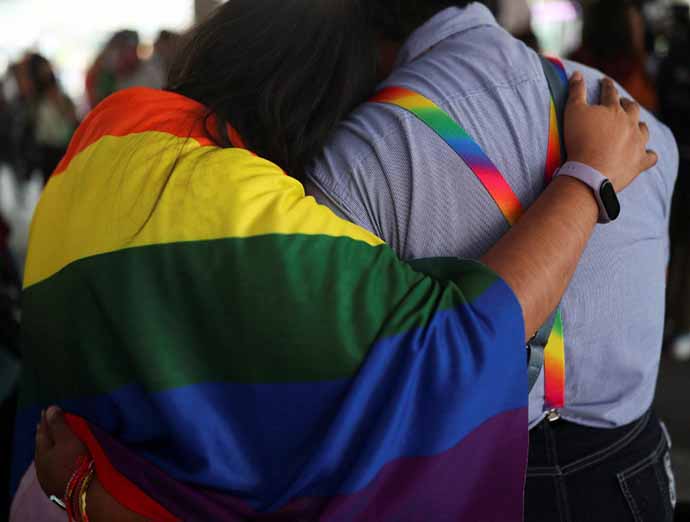The question of whether same-sex marriage should be allowed by the state has been a significant topic of debate worldwide. In recent years, numerous countries have moved toward legalizing same-sex marriage, arguing for equality, human rights, and the importance of recognizing love in all its forms. However, there are still many who oppose this, often based on religious, cultural, or social beliefs. To explore whether same-sex marriage should be allowed by the state, it’s essential to consider the legal, ethical, and societal implications.
Legal Equality and Human Rights
At its core, the push for same-sex marriage is about equality. Marriage is a legally recognized institution that provides couples with various rights and protections, including inheritance rights, tax benefits, and the ability to make medical decisions for a spouse. Denying same-sex couples the ability to marry effectively means denying them access to these legal protections and rights, which can lead to significant inequality.
From a human rights perspective, marriage is often viewed as a basic right. The Universal Declaration of Human Rights states that “men and women of full age, without any limitation due to race, nationality, or religion, have the right to marry and to found a family.” Extending this right to include same-sex couples aligns with broader human rights principles of non-discrimination and equality before the law.
The Role of the State in Regulating Marriage
Marriage, while often associated with religious or cultural traditions, is fundamentally a civil institution in most modern societies. The state’s role is to regulate this institution to ensure legal protections for couples, manage property rights, and secure the well-being of families. This makes marriage a matter of public policy rather than solely religious doctrine.
Allowing same-sex marriage ensures that the state treats all citizens equally, regardless of their sexual orientation. In countries where same-sex marriage is legalized, such as the United States, Canada, and many European nations, the recognition of these unions has had a profound impact on reducing discrimination and promoting inclusivity.
Social and Cultural Arguments
Opponents of same-sex marriage often cite religious or cultural reasons for their stance, arguing that marriage should be between a man and a woman based on traditional beliefs. While such perspectives are valid within personal or religious contexts, it is crucial to separate the role of religion from state governance, especially in societies that value secularism and the separation of church and state.
Culturally, marriage has evolved over time. What was once viewed as a strictly heterosexual institution has expanded in many countries to include diverse forms of relationships. This reflects changing social attitudes toward gender, sexuality, and equality. Same-sex marriage is part of this broader cultural evolution, where the notion of family is becoming more inclusive and reflective of modern realities.
Economic and Social Benefits of Legalizing Same-Sex Marriage
Legalizing same-sex marriage has been shown to have positive economic impacts. When more people can marry, there is an increase in wedding-related spending, which benefits local economies. Moreover, it fosters a more inclusive workforce, as LGBTQ+ individuals feel more accepted and respected, leading to increased productivity and job satisfaction.
On a social level, allowing same-sex marriage promotes a more cohesive and accepting society. Studies have shown that legalizing same-sex marriage can reduce mental health issues, such as depression and anxiety, within the LGBTQ+ community by affirming their relationships as equal and valid. Furthermore, it helps combat social stigma and discrimination by normalizing diverse forms of love and commitment.
The state should allow same-sex marriage as a matter of legal equality, human rights, and social justice. It is a recognition that all people, regardless of their sexual orientation, deserve the same legal protections and the right to marry the person they love. While religious and cultural beliefs may differ on the issue, the role of the state is to ensure that its laws are fair, inclusive, and non-discriminatory. Legalizing same-sex marriage is a critical step toward achieving these goals in a modern and progressive society.
